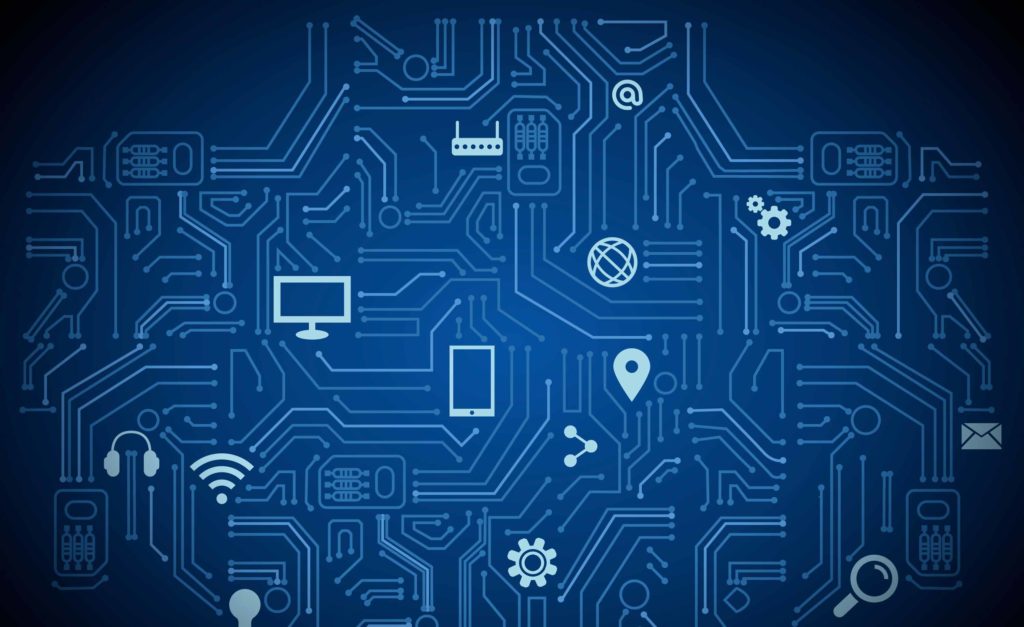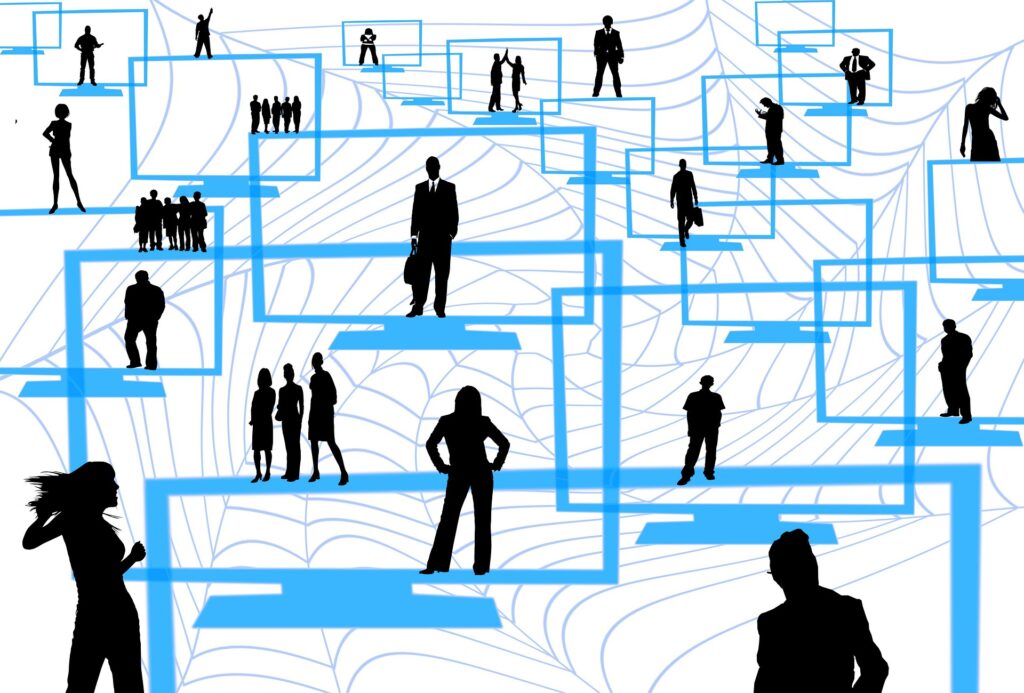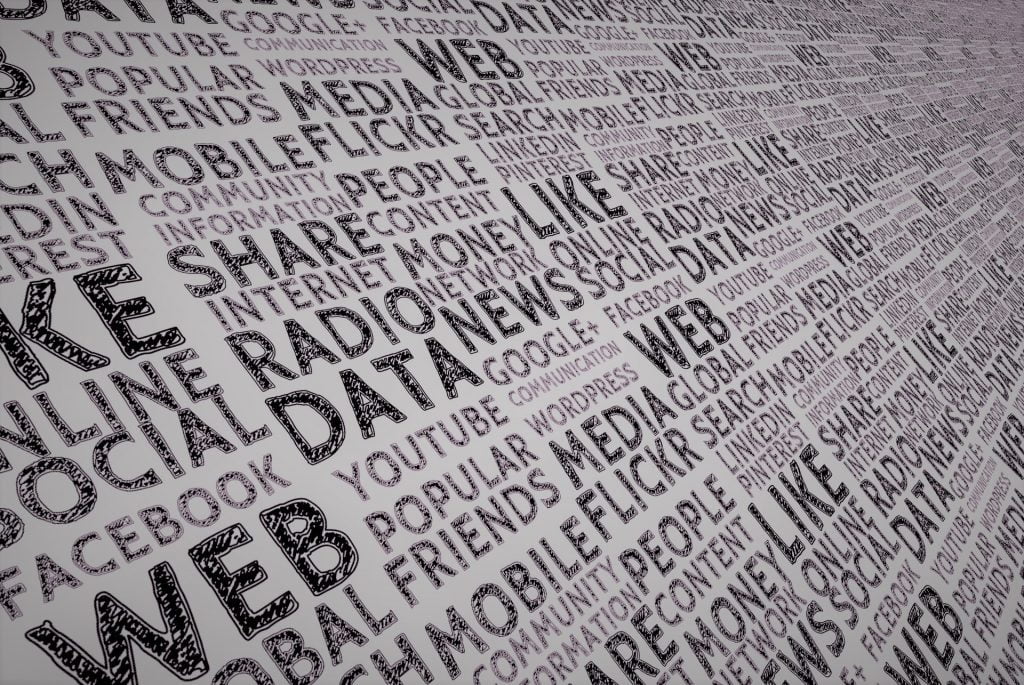What Is Hotel Customer Relationship Management? – Definition
Hotel Customer Relationship Management, or Hotel CRM, is more than just a buzzword—it’s the heart and soul of how a hotel builds, maintains, and nurtures relationships with guests. Think of it as the invisible but powerful thread that ties every guest interaction into one seamless experience. CRM in the hospitality industry refers to tools, strategies, and technologies that help hotels understand guest preferences, manage bookings, improve service, and build loyalty.
It’s not just about storing names and email addresses. A good hotel CRM system tracks everything from previous stays and room preferences to birthdays and feedback. This rich database helps hotels deliver personalized service that makes guests feel seen, heard, and valued.
Why Do Hotels Need CRM Software?
Let’s face it: managing a hotel is like juggling a dozen spinning plates. Without CRM software, it’s nearly impossible to keep track of every guest’s likes, dislikes, special requests, and communication preferences.
Hotels need CRM software to:
- Understand guest behavior and preferences
- Segment customers for marketing campaigns
- Improve the guest experience with personalized services
- Retain loyal customers through tailored loyalty programs
- Track feedback to improve hotel services
In a world where guests expect more than just a bed to sleep in, CRM gives hotels a way to stand out from the crowd.
How Does a Hotel Customer Relationship Management Work?
Imagine a central nervous system that connects every part of your hotel’s operations. That’s what a hotel CRM does. It collects data from multiple sources—online bookings, front desk check-ins, email inquiries, guest reviews, and even social media. This interconnected web of information allows the CRM to create a full 360-degree view of each guest.
Once the data is captured, the CRM organizes it into personalized guest profiles. These profiles are dynamic—they evolve with every interaction, preference update, or piece of feedback a guest provides. If a guest booked a king suite with a sea view and requested extra pillows on their last stay, that information will be readily available for future visits. Even better, the system can flag VIP guests, suggest targeted offers, and prompt timely follow-ups.
Behind the scenes, automation kicks in. From sending a welcome email when someone books a room to prompting staff with birthday greetings and special discount codes, the CRM handles it all effortlessly. Housekeeping, front desk, marketing, and even room service teams get access to unified data, so they can act in harmony.
In essence, a hotel CRM acts like your behind-the-scenes concierge—constantly learning, predicting, and enhancing the guest journey without skipping a beat.
Key Features and Functionality
Not all CRM systems are created equal. The best ones have a range of powerful tools to make hotel operations smoother and guest experiences better. Here are some must-have features:
- Guest Profile Management: Store and manage detailed information about each guest.
- Marketing Automation: Send targeted emails and promotions automatically.
- Booking and Reservation Tracking: Keep tabs on every reservation in real time.
- Feedback Collection and Analysis: Gather reviews and analyze them for trends.
- Loyalty Program Integration: Reward guests and encourage repeat visits.
- Multichannel Communication: Reach guests via email, SMS, phone, and chat.
- Analytics and Reporting: Generate insights to make data-driven decisions.
Advantages of Hotel Customer Relationship Management (CRM)
Why should hotels jump on the CRM bandwagon? Because the benefits are nothing short of game-changing:
- Enhanced Guest Satisfaction: Guests feel appreciated when their preferences are remembered.
- Increased Revenue: Targeted marketing means better upselling and cross-selling.
- Better Staff Efficiency: Everyone has access to the same guest data, reducing miscommunication.
- Stronger Guest Loyalty: Happy guests come back—and they bring friends.
- Real-Time Problem Solving: Spot issues quickly and resolve them before they ruin a stay.
How To Use CRM in the Hotel Industry?
Implementing a CRM system isn’t a one-and-done task. It requires a thoughtful approach and some training. Here’s how hotels can get started:
- Choose the Right CRM Tool: Pick a platform designed for hotels, not generic business software.
- Train Your Team: Everyone should know how to use the CRM to enhance their specific roles.
- Collect the Right Data: Go beyond names and emails. Gather preferences, feedback, and special notes.
- Segment Your Guests: Group guests by behavior, frequency, or demographics.
- Automate Communication: Use the CRM to send pre-arrival emails, mid-stay messages, and post-stay thank-yous.
- Track and Improve: Regularly review the CRM data to find areas for improvement.
Most Important Features of a Hotel CRM System
Still wondering what really makes a hotel CRM shine? These are the features that truly move the needle:
- Real-Time Guest Insights
- Customizable Dashboards
- Mobile Accessibility
- Channel Integration (OTA, Website, Social Media)
- Review Monitoring Tools
- Automated Follow-Ups
- Event and Group Booking Management
- Consent and Privacy Management
The Best 10 Hotel CRM Systems
Not sure where to begin? Here are 10 top hotel CRM systems worth exploring:
- Revinate – Focuses on guest data, marketing automation, and feedback.
- Salesforce Hospitality Cloud – A powerful platform for chain hotels.
- Cendyn – Integrates CRM with revenue and marketing.
- Guestfolio by Cendyn – Tailored for guest communication.
- HubSpot – Great for small to mid-sized properties.
- Zoho CRM – Flexible and budget-friendly.
- Opera Cloud by Oracle – Ideal for large hotels with complex needs.
- StayNTouch – Focuses on mobile-first guest experiences.
- RoomRaccoon – Combines CRM with property management.
- Hotelogix – All-in-one solution for small to medium hotels.
Conclusion
Let’s wrap it up with a simple truth: guests remember how you made them feel. CRM helps ensure that every interaction—from the first email to the final farewell—is thoughtful, warm, and personalized. Whether you’re running a cozy boutique inn or a high-end resort, CRM tools are no longer optional. They’re essential to standing out in a crowded market.




